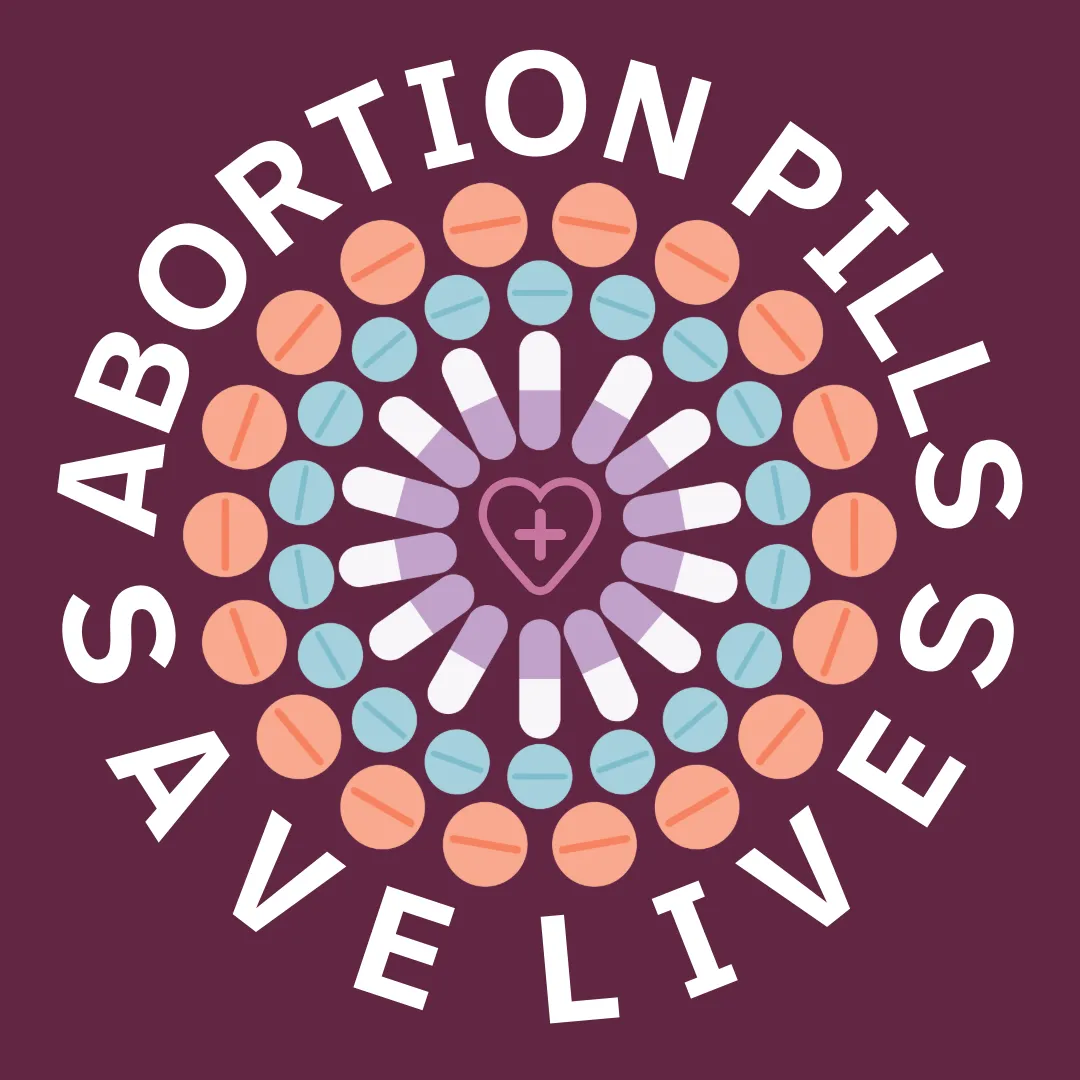Late on Friday, Texas Judge Matthew Kacsmaryk issued a ruling to ban mifepristone—one of two medications commonly prescribed for safe, effective abortion care. Folks already suffering from the decision to overturn Roe are rightfully hurting, angry, fearful, and experiencing widespread uncertainty over what this means for abortion access in their communities.
Importantly, know that this ban is not in effect. Medication abortion remains accessible in the places where it is currently legal and available.
We share your grief and anger. We are deeply concerned about how this decision will once again disproportionately harm BIPOC people, LGBTQ+ people, people who are immigrants, people with low incomes, and people in rural areas who already face the most barriers to care.
One thing is for sure: The attack on medication abortion is an extension of our nation’s history of reproductive coercion, and it is not new. This decision completely undermines decades of research proving the safety and efficacy of mifepristone, which has been used safely and effectively by more than 5 million people in the U.S. since it was approved by the FDA in 2000.
Everyone should have the ability to make decisions about their own reproductive lives and futures, including choosing the method of abortion that works best for their circumstances. No one should have their options for abortion care limited by politics. Any delay or disruption in abortion care is unacceptable and leads to people being forced to remain pregnant.
The ban on mifepristone is not based on facts, medicine, or science. Medical experts should be the decision makers around what care is offered in health care settings. People who have abortions should be the ultimate deciders in the care and support they need.
What happens next?
Across the U.S., partner organizations and policy experts are working quickly to understand the full implications of Friday’s ruling and to strategically fight back. The FDA has seven days to file an appeal to block the de facto ban. The federal courts will also have to reconcile this decision to ban mifepristone with the contradictory ruling made in a separate federal case brought in Washington state.
What we know with certainty is that medication abortion is still safe, effective, and legal in many parts of the country. Even if the nationwide ban on mifepristone goes into effect, providers can continue to prescribe misoprostol alone for abortion. Both medication regimens (mifepristone + misoprostol or misoprostol alone) are recommended by the World Health Organization for safe, effective abortion. Misoprostol alone has been used safely by millions around the globe.
We also know that many people have and will continue to access abortion pills or otherwise manage their own abortions outside of the formal health system. The risks of self-managed abortion (SMA) are legal, not medical.
To combat misinformation about SMA, Provide has already partnered with If/When/How to develop trainings for providers on how to best support their clients who are considering SMA. The decision to ban mifepristone only makes these trainings more crucial in helping advocates understand their mandatory reporting requirement—specifically that there is no reason or requirement to report any patient/client for self-managing an abortion.
No matter what comes next, Provide will continue to educate healthcare and social service providers on the safety and efficacy of abortion care options, to resist criminalization, and to overcome barriers to abortion access by connecting the dots in our systems of care.
What can you do?
- Educate yourself and your colleagues about abortion pills. Let’s make sure all providers know that medication abortion works, how important it is for abortion access, and the resources that are available for support.
- Educate yourself by registering for an upcoming training or webinar:
- Register for our next Referrals for Unintended Pregnancy Training on May 3 to learn about abortion care options and how to talk about pregnancy options within your system of care.
- Register for one or more upcoming webinars in our Stigma Series.
- Contact Provide directly about bringing a training to your organization.
- Make a one-time or monthly gift to Provide to fund our important work of educating providers on abortion care options and SMA.
In solidarity,
Fatimah Gifford, MAODC
Executive Director, Provide

